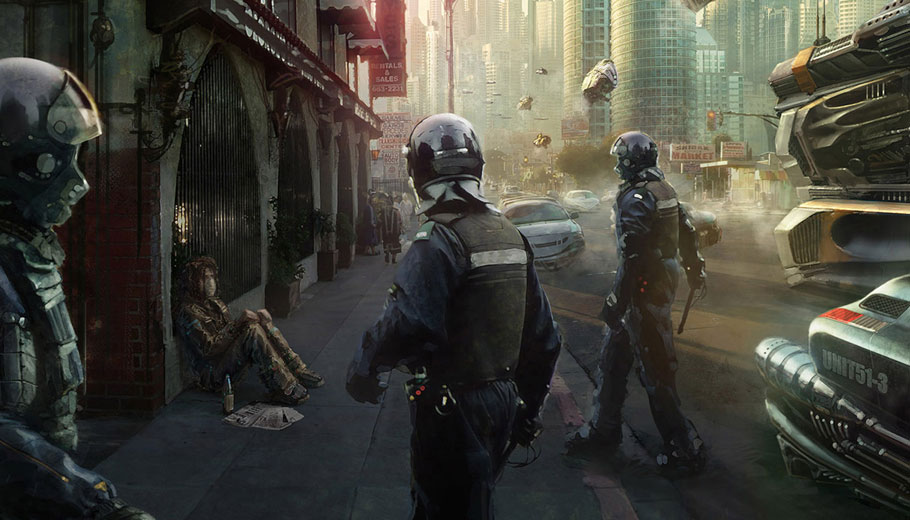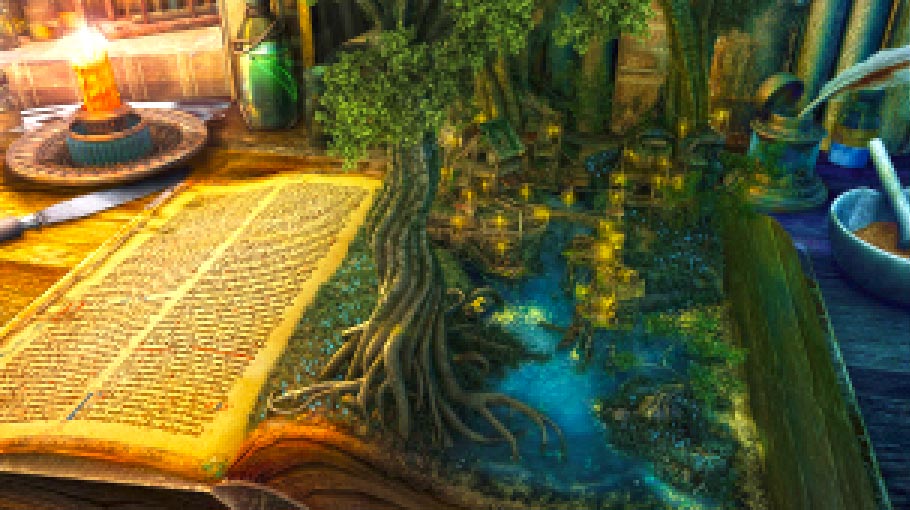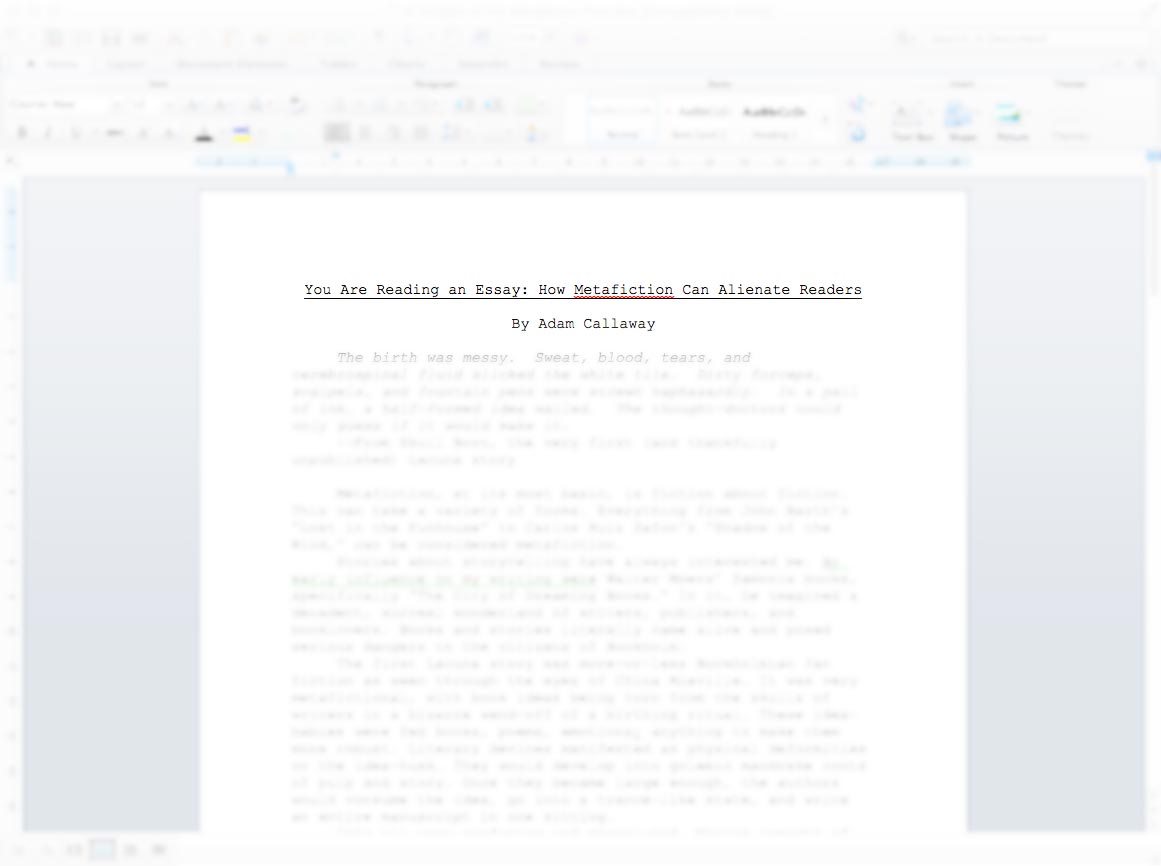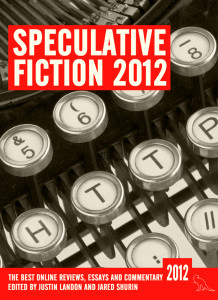 One of my favourite weekly features in the blogosphere in Mieneke Van Der Salm’s Blogger Query interviews. Every Wednesday, she pulls one blogger or reviewer and puts them to question. It’s a fun way to get to know some of the personalities in SFF fandom. And, well, this week was my turn.
One of my favourite weekly features in the blogosphere in Mieneke Van Der Salm’s Blogger Query interviews. Every Wednesday, she pulls one blogger or reviewer and puts them to question. It’s a fun way to get to know some of the personalities in SFF fandom. And, well, this week was my turn.
A little snippet:
You’ve been quite outspoken about the lack of regard for blogs as fan publications and bloggers as fan writers, mostly in regard to the Hugos. Do you think regard for blogs as fan publications from awards and the way the publishing industry regards blogs are intertwined? Would increased respect from the publishing industry also increase respect for blogs and bloggers from awards committees or are awards too insular for such cross-pollination?
Yeah, I’ve raised a stink or two, and been successful at opening at least a small dialogue about the matter between the incumbent fan publications (fanzines) and the up-and-coming ones (blogs). It’s something I feel very strongly about.
To be honest, I wouldn’t be so quick to link the perception of blogs and online fan writers by the publishing industry to the struggles they’ve had in being recognized by the award committees and voters. Conversely, I’d say that publishers, large and small, pay a heck of a lot more attention to blogs and the online space than they do to the traditionally published fanzines. This is keeping in the tradition and origins of fanzines, which by their nature are independent and often focus more on exploring the natures and issues of fandom, than in being a part of the PR circle that runs the publishing industry, a pitfall that blogs have to be sure to avoid. Instead, you have a new generation of writers, many of them a bit younger, in their mid-twenties to late-thirties, that is trying to break into an area that is often run and heavily influenced by an older generation that has long been entrenched in their ideals and tendencies.
Whether they’re older men or not (and, in the case of the Hugo Awards, there are over a 1,000 eligible voters, so they’re not all old men, of course), old ideas and habits still exist. It’s always been a challenge for the young whipper-snappers to push against the older generation, trying to promote new ideas and the fast-moving world that has grown up around the original foundations of awards like the traditional awards. Right now, bloggers are those young whipper-snappers, and we just need to make enough noise to ensure that, when the time comes, voters take us as seriously as we deserve.
With all that said, I think the addition of SF Signal, which I’ve contributed to on occasion, on the recent Hugo ballot is a huge step for online fan writing and blogs in general. I hope to see a continued drive in that direction. Not at the expense of great fanzines and fan writers working in more traditional mediums, but as a joining of the two, recognizing the best writing, period.
If you want to hear a bit about my thoughts on reading, writing, the Hugos and blogging, I encourage you to read the whole interview.



 Lazy cut & paste job here, since I clearly have nothing else to prove to the online SFF writing/fandom circle.
Lazy cut & paste job here, since I clearly have nothing else to prove to the online SFF writing/fandom circle. One of my favourite weekly features in the blogosphere in Mieneke Van Der Salm’s Blogger Query interviews. Every Wednesday, she pulls one blogger or reviewer and puts them to question. It’s a fun way to get to know some of the personalities in SFF fandom. And, well, this week was my turn.
One of my favourite weekly features in the blogosphere in Mieneke Van Der Salm’s Blogger Query interviews. Every Wednesday, she pulls one blogger or reviewer and puts them to question. It’s a fun way to get to know some of the personalities in SFF fandom. And, well, this week was my turn.